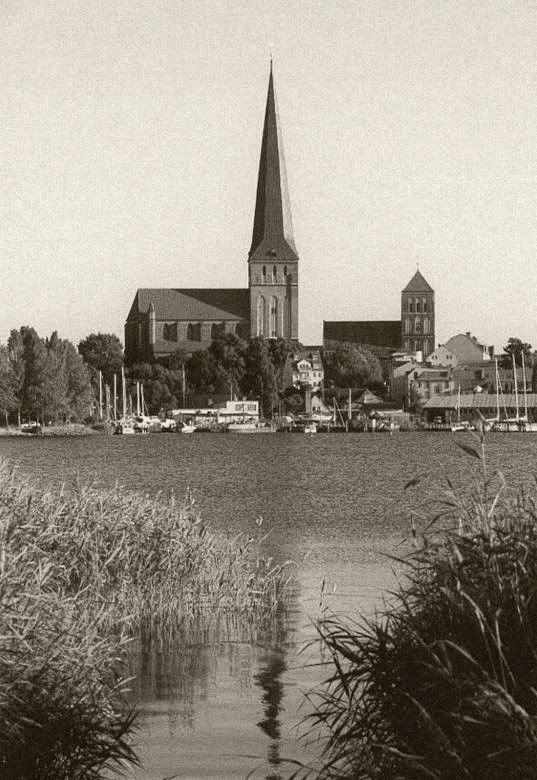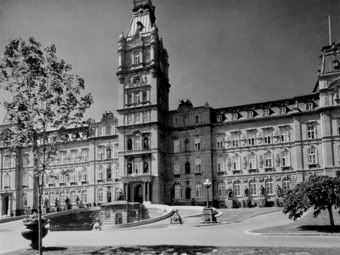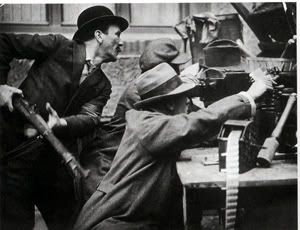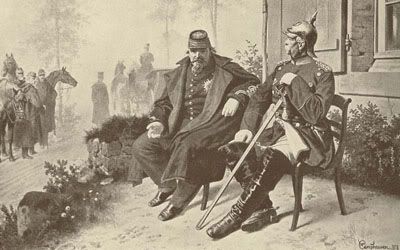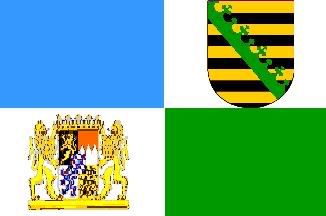The Jutland War
Part II
Part II
The defining moment in this conflict came on March 25, 1871, when the Swedish fleet left port in Stockholm. Danish agents in the city immediatly reported this to Copenhagan, and the main bulk of the Danish flet was dispatched to intercept the force at it's predicted point of arrival, southest of Copenhagan. Exactly as the Swedish Admiralty had planned.
First blood in the Battle Mon Island was drawn by the Danes. A swedish frigate had sailed ahead of the main fleet to socut, and just happened to run into the Danish ironclad, Dannebrog. A brief skirmish ensued, with the frigate suffering severe damage before fleeing.
Within an hour the Swedes had arrived to face a large and prepared Danish force. It didn't matter. In a battle between primarialy Iron versus primarialy Wood, Iron would always win. Cannons belched fire, smoke and death as Swedish Admiral Sjoblad aggressively charged his ships into battle. The Danies, short of ironclads, had decided to spread their capital ships out between the fleet. Admiral Sjoblad noticed this and began breaking the enemy formation apart, piece by piece, much like Nelson had done at Trefalgar. The Danes put up a fierce battle, but in the end it was quality that beat out quanity. Whar remained of the once mighty Danish fleet hurried back to Copenhagan full steam.
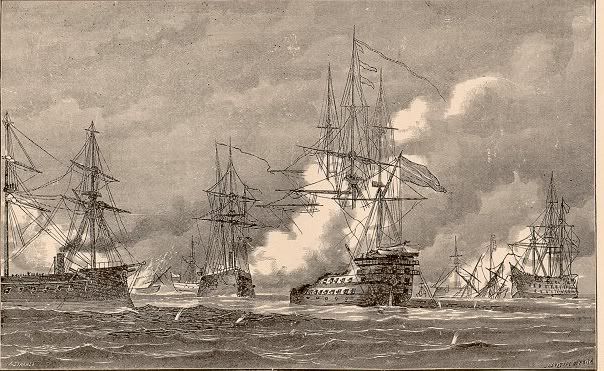
The Battle of Mon Island
The Swedish General Staff in Stockholm couldn't be happier. When word of the Danish Navy's departure from port came, stage two of their plan went into action: the invasion of Jutland.
Unknown to the Danies, for weeks troops and ships had been ferried to Oslo. Once ready, the force weould set sail for Jutland. Everything was ready on March 25, and the small fleet left port at nightfall, hoping to land the two division force before sunrise.
The Operation went off without a hitch, and before Copenhagan knew it, 22,000 men, 3,000 horse, and 10 batteries of cannon had landed near Skagen in Northern Jutland and taken it without resistance. The Danish army, containing but a few Infantry regiments, a few Cavalry squadrons, and some outdated cannons, were completely unprepared. What little men they did have in Jutland were spread throughout the pennisula. THe Swedish force made quick progress, easily defeating any resistance that faced them. Within a few weeks, the Swedish flag flew throughout Jutland.

Swedish Infantry quickly secured Jutland
Now all that remained was the Island of Copenhagan. With Jutland under control and the Danish Fleet all but destroyed, Sweden was free to do whatever ir wished in the Baltic. Sweden chose to blockaded the capital and starve it into submission, and for almost three months, just that happened. The Danes were starved into accepting unconditional surrender on June 3rd, 1871. A month of negotiating later, and on July 15th, 1871, the Kingdom of Denmark was officially annexed by Sweden.
To Be Continued...


